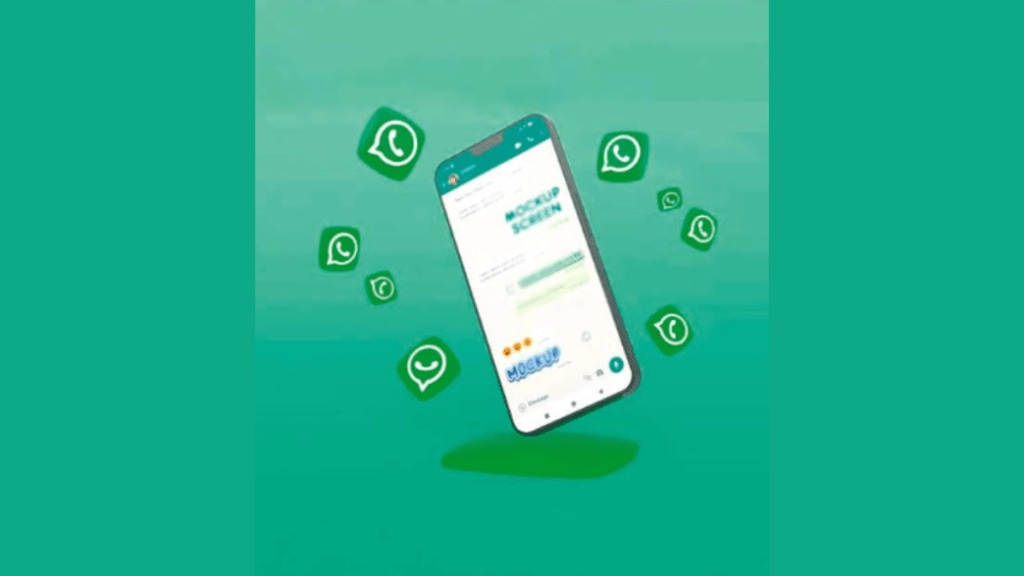Vinil Chandra
If you run a business in India today, big or small, chances are you manage most of your customers on WhatsApp. More importantly, it’s changing expectations— every message deserves a reply, and that reply can now come instantly, whether it’s from an AI or a human.
The thing is, CRMs have always followed where conversations happen. Email gave us tools like Salesforce. Phone calls led to IVR and call tracking systems. Live chat brought web-based help desks. In India, where WhatsApp is the most natural way for people to talk to businesses, it’s no surprise that WhatsApp is turning into the default CRM.
But this time, we are not just logging conversations — we are actively engaging in them.
That shift has been accelerated by the WhatsApp Business API. It helps businesses bring structure to what was once a messy inbox. With it, you can set automatic replies, assign chats to different team members, and follow up with leads who may have dropped off. It also lets you plug WhatsApp into your backend systems, so you can see a full view of your customer journey in one place.
This handoff-from bots to agents is seamless now, and it’s fast becoming the norm for how businesses operate. What’s really exciting is what’s being built on top of that. Many tools today use this API to offer smart automations that save time and reduce manual work.
A coaching center can easily share course information, answer student queries, and book demo classes without someone replying each time. And a small brand can nudge customers who didn’t finish an order, offer help if there’s a complaint, or send a discount all inside the same WhatsApp chat.
What we’re seeing is not just automation—it’s a new model of human-AI collaboration embedded into everyday business workflows. No new apps, no training—just natural communication, where business and customer service blend into daily chat. Of course, these tools need to be set up right. You need thoughtful messaging, proper permissions, and clear expectations. Once done, they take a huge load off the team and ensure no customer is left behind.
In India, we skipped emails. We skipped traditional CRMs. With WhatsApp and the tools built around it, we’ve found something better, a CRM that lives inside the chat window.
We’re witnessing a generational shift—WhatsApp is no longer just a messaging app, it’s becoming India’s operating system for customer relationships.
WhatsApp is quietly becoming India’s most powerful CRM-whether we admit it or not
The author is founder, Squarebox.AI
